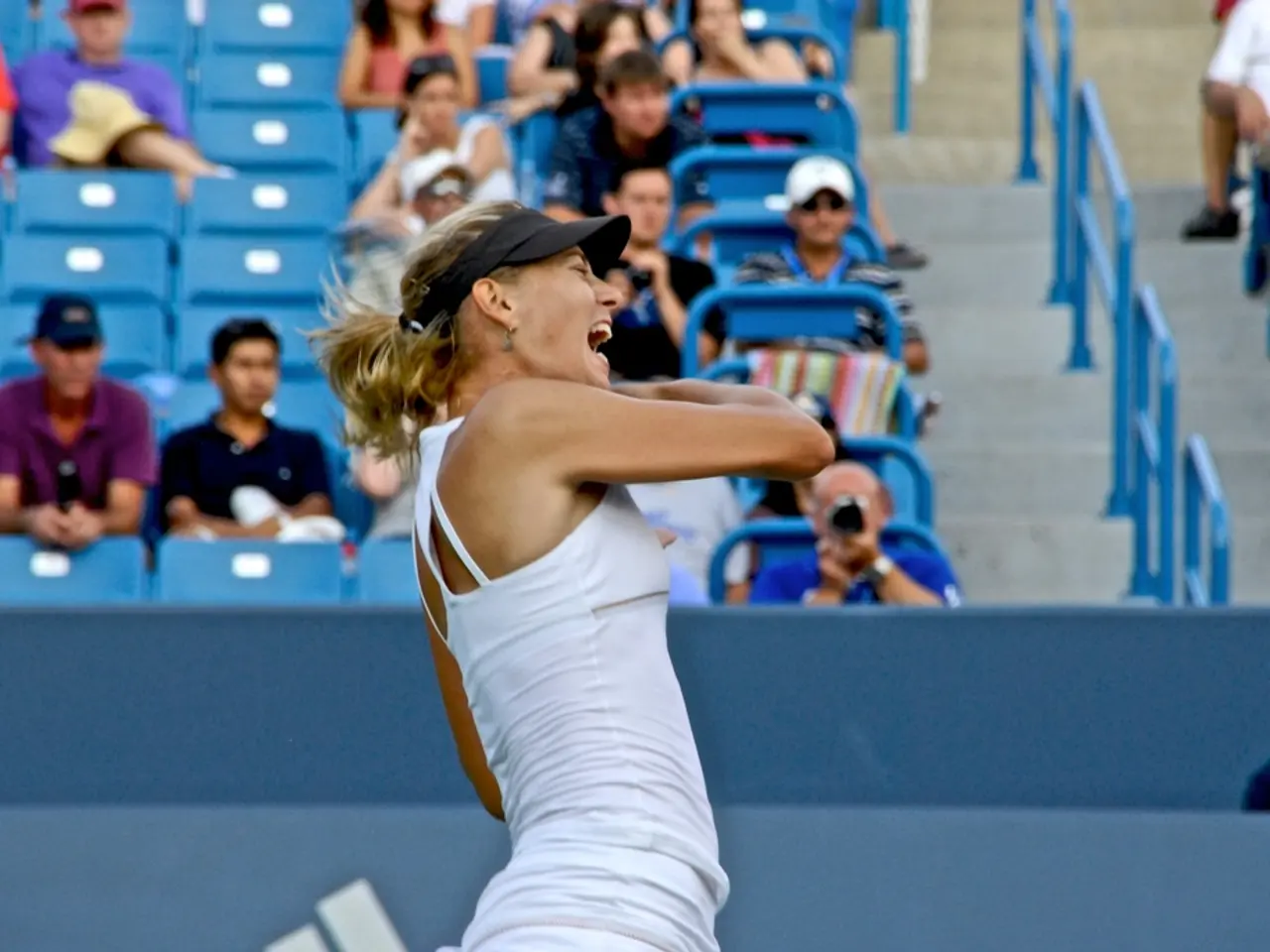Women's football yet to gain substantial momentum?
In the bustling city of Berlin, a speaker entered a clubhouse on a Thursday evening to watch the Women's European Championship (EM). However, the experience was not what they expected. The speaker, who had faced similar challenges in the past, was quickly identified as a woman interested in watching women's football, an occurrence that was apparently rare for the bartender.
Despite the substantial growth and rising recognition of women's football globally, it appears that the traditional bar culture and sports viewing habits have yet to fully embrace the sport. Bars have historically catered to male-dominated sports viewership, such as men's football, creating an environment where women's football, despite growth, has yet to penetrate these social viewing habits.
The speaker's disappointment was compounded by the bartender's negative attitude towards women's football. The bartender expressed disinterest in watching women's football, citing slow play as the reason. However, this perspective seems to be a remnant of the past, as women's football has improved significantly over the past ten years, with players no longer receiving minimum wage.
The issue of recognition and visibility for women's football remains a challenge. Despite the ongoing struggles, the speaker maintained a positive outlook, acknowledging the progress that has been made. For instance, women's football games in the Bundesliga are now widely televised, and same-sex marriages among female footballers are not met with jeers but rather accepted.
In contrast, female footballers are no longer ridiculed as "mannish" but are considered "hot." This shift in perception is a testament to the changing attitudes towards women's football and the athletes who play it.
The lack of widespread interest in women's football in bars persists mainly because bar sports-viewing culture remains male and men’s sports-centric, dedicated women’s sports bars are still emerging and limited in number, and although fan engagement is strong, it has not yet been fully converted into traditional bar viewership patterns.
However, there are signs of hope. The emergence of women's sports bars, such as The Sports Bra in northeast Portland, is a step in the right direction. These establishments exclusively showcase women's sports like football, catering to the growing audience of women who are highly engaged in online content consumption, game attendance, and merchandise purchasing.
With continued growth in popularity, expansion of women’s sports bars, and more inclusive broadcast programming, it is likely that the gap between men's and women's football viewership in bars will narrow in coming years. The speaker, despite leaving the bar due to the bartender's negative attitude, remained optimistic about the future of women's football.
1) Despite the speaker's interest in women's football, the bartender expressed disinterest, citing slow play as the reason, a perspective that seems outdated as women's football has significantly improved over the past decade.
2) The growth in women's football viewership online, game attendance, and merchandise purchasing has led to the emergence of women's sports bars like The Sports Bra in northeast Portland, exclusive showcases of women's sports like football.
3) The shift in perception towards female footballers, no longer ridiculed as "mannish" but considered "hot," is a testament to the changing attitudes towards women's football and the athletes who play it.
4) With continued growth in the popularity of women's football, expansion of women’s sports bars, and more inclusive broadcast programming, it is likely that the gap between men's and women's football viewership in bars will narrow in coming years, potentially transforming traditional bar sports-viewing culture.




